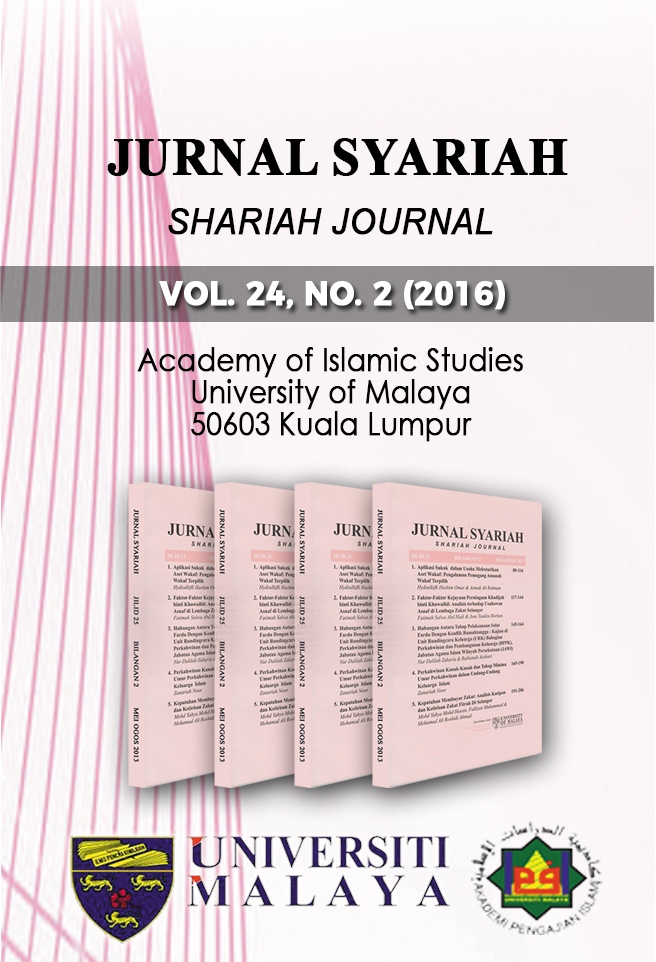GRATIFIKASI DALAM PERSPEKTIF HUKUM POSITIF DI INDONESIA DAN SOLUSINYA MENURUT ISLAM
Gratification in the Perspective of Positive Law in Indonesia and the Solution According to Islam
DOI:
https://doi.org/10.22452/js.vol24no2.1Abstract
The codification of rules regulating gratification is a novelty within society and is perceived to collide with the culture of giving in the Islamic ethos of Indonesia. This study aims to explore the meaning of gratification from the positive perspective of law in Indonesia and the boundaries of gratification. This study uses the normative method which analyzes positive law in Indonesia regulating gratification. The results show that gratification from the perspective of positive law has broad meaning including tributes for civil and government employees. According to Indonesian law, gratification may either be positive or negative. Gratification is a gift from the pure intention of the giver to a civil or government employee without expecting anything in return. On the contrary, forms of gratification which are not allowed include gifts for civil and government employees due to their status of authority or for reasons unrelated to their position. Moreover, the standards set by Islam regarding gratification are by first giving proper salary, registering the property of employees, performing all the Commands of Allah, keeping away from taking other’s property, running the “altaftisi” (the escord) for the Civil Servant and State Apparatus, maximizing punishments, maintaining the supremacy of law, amending and improving the system, strengthening the understanding of law, building a model for leadership, and cultural progression (morally and intellectually).
Downloads
Downloads
Published
How to Cite
Issue
Section
License

This work is licensed under a Creative Commons Attribution-NonCommercial 4.0 International License.
COPYRIGHT: All rights reserved. Not allowed to be reproduced any part of articles and contents of this journal in any form or by any way, whether electronic, mechanical, photocopying, recording or otherwise without permission in writing from the Chief Editor, Jurnal Syariah.











